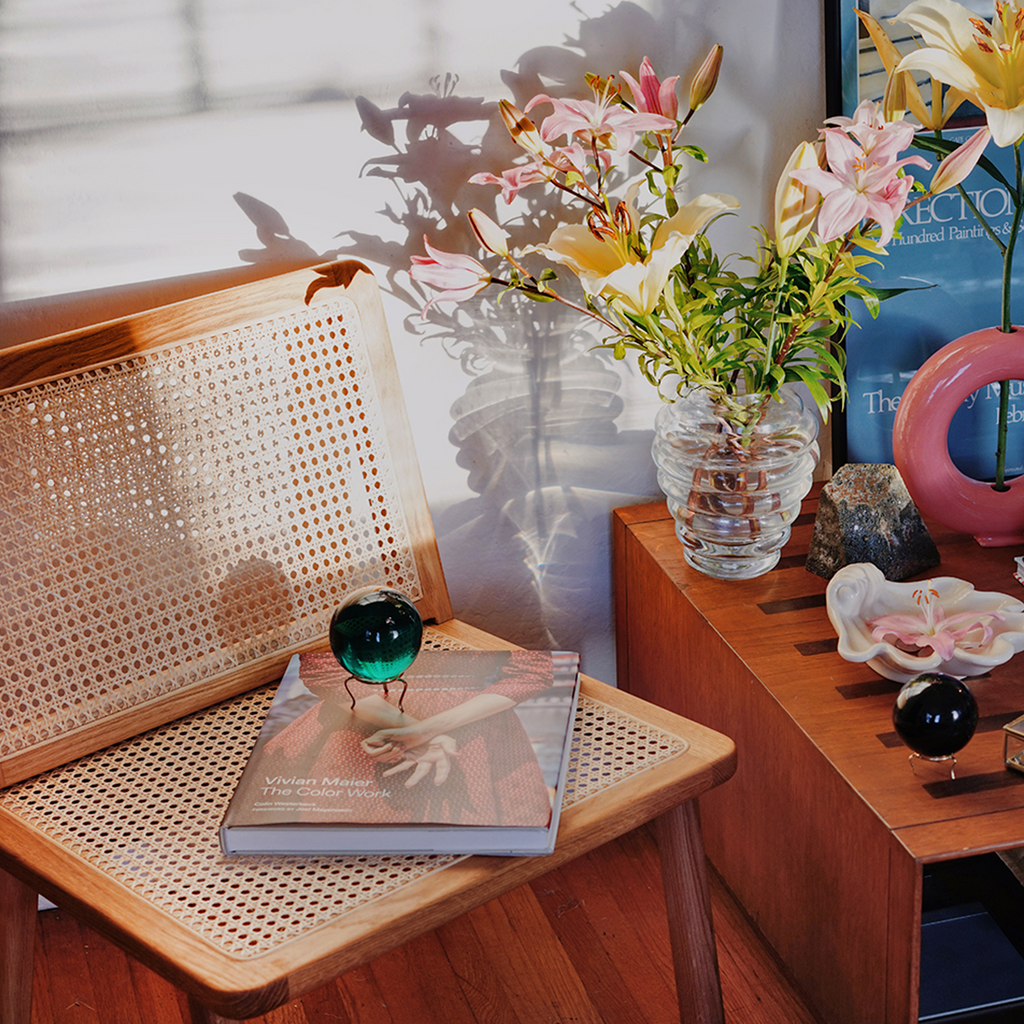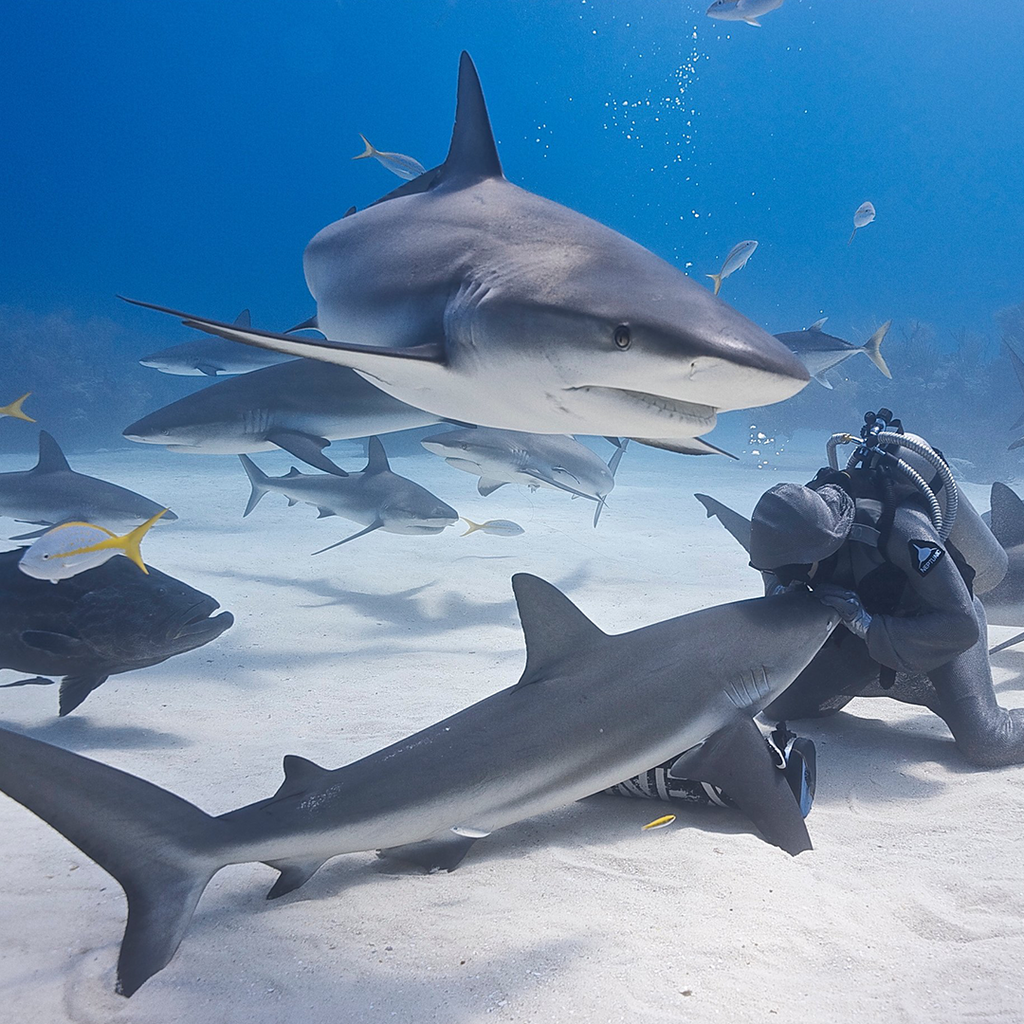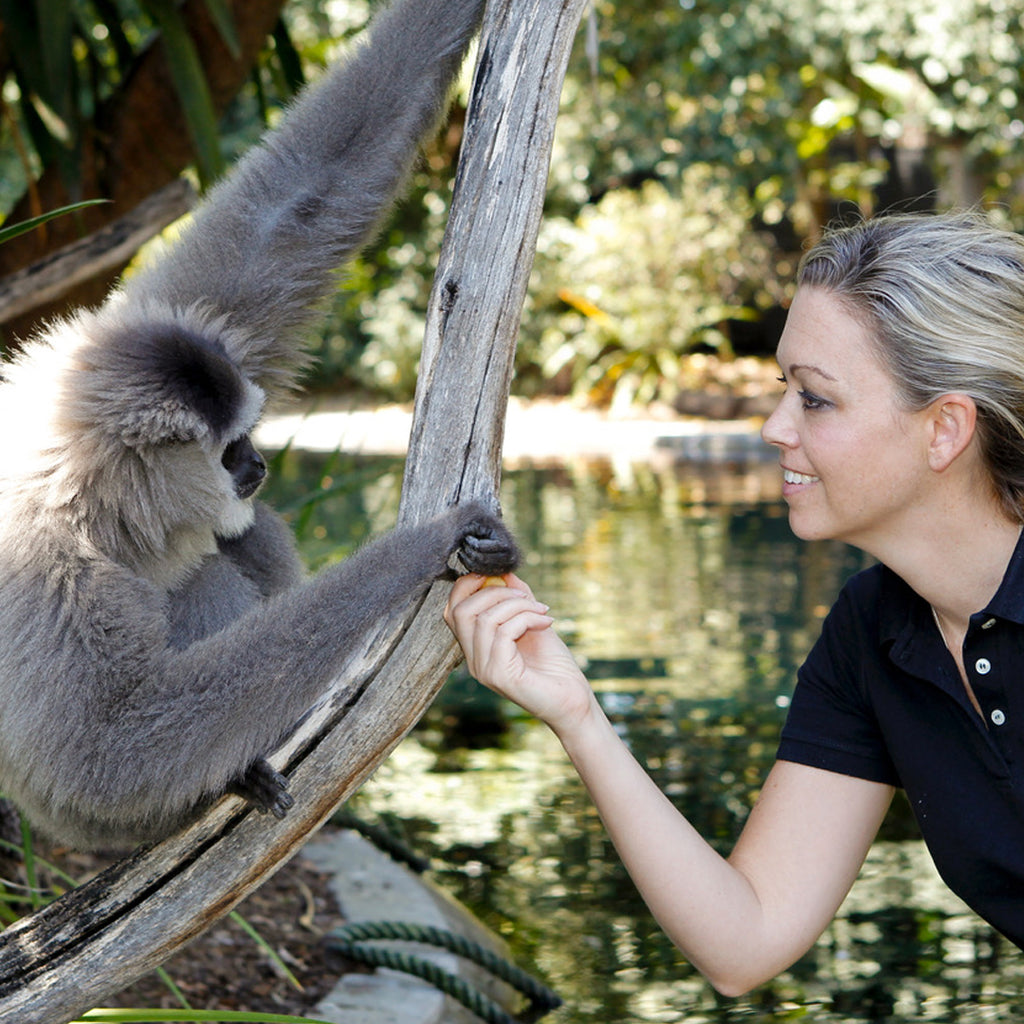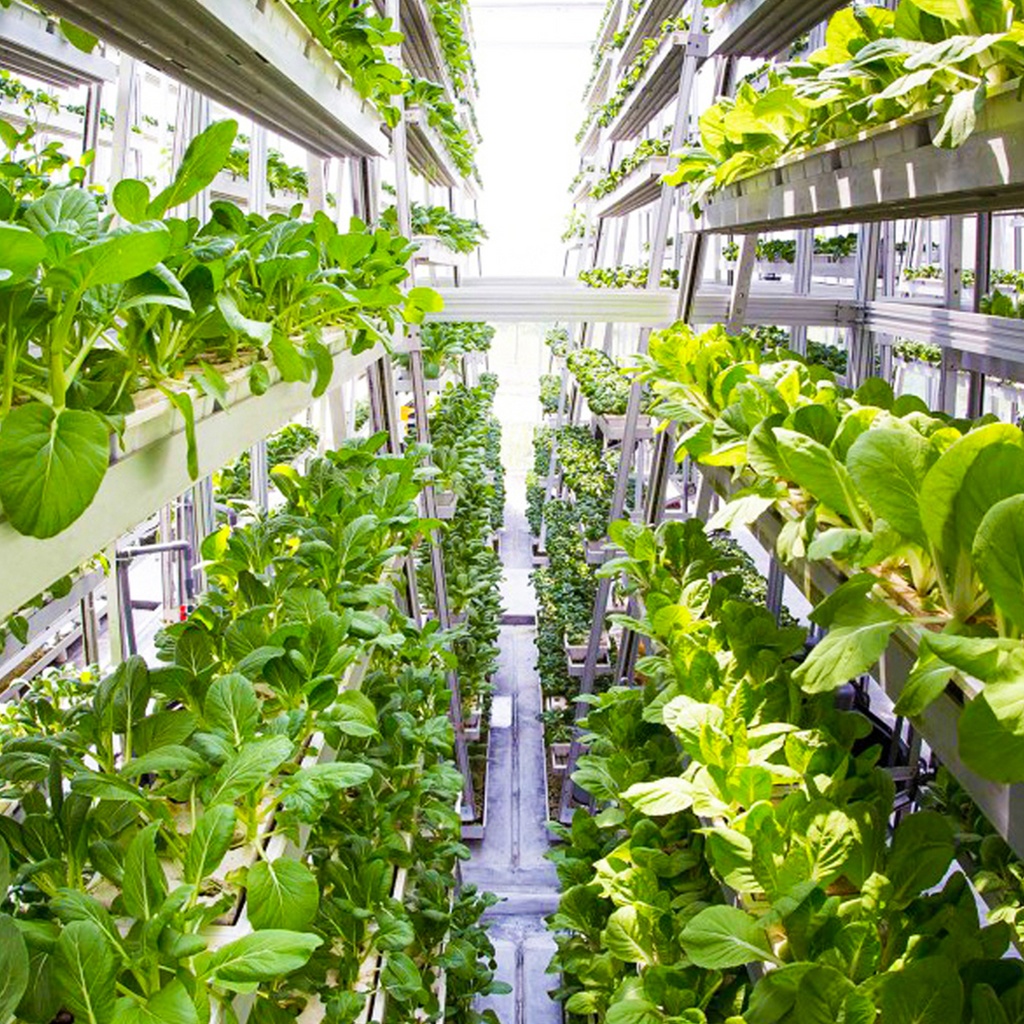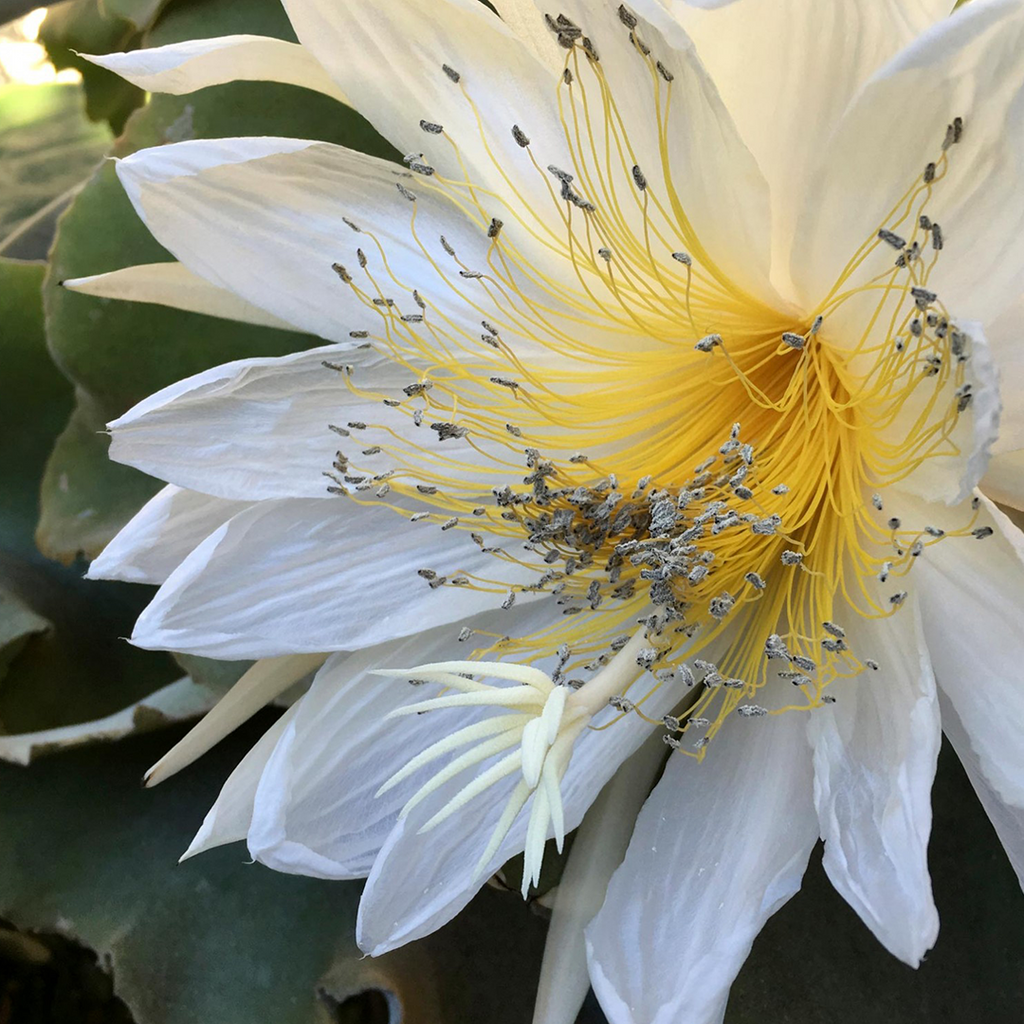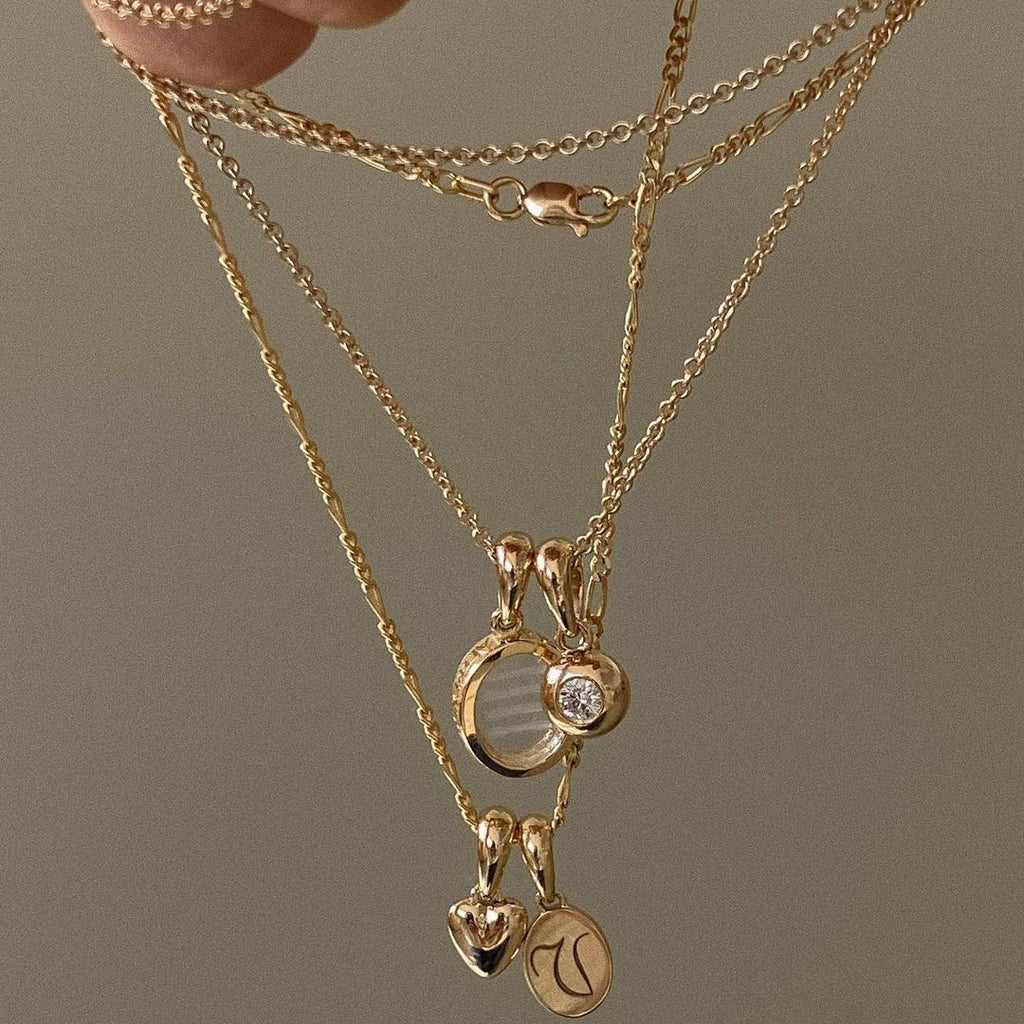The Brazilian non-profit which preserves the rainforest
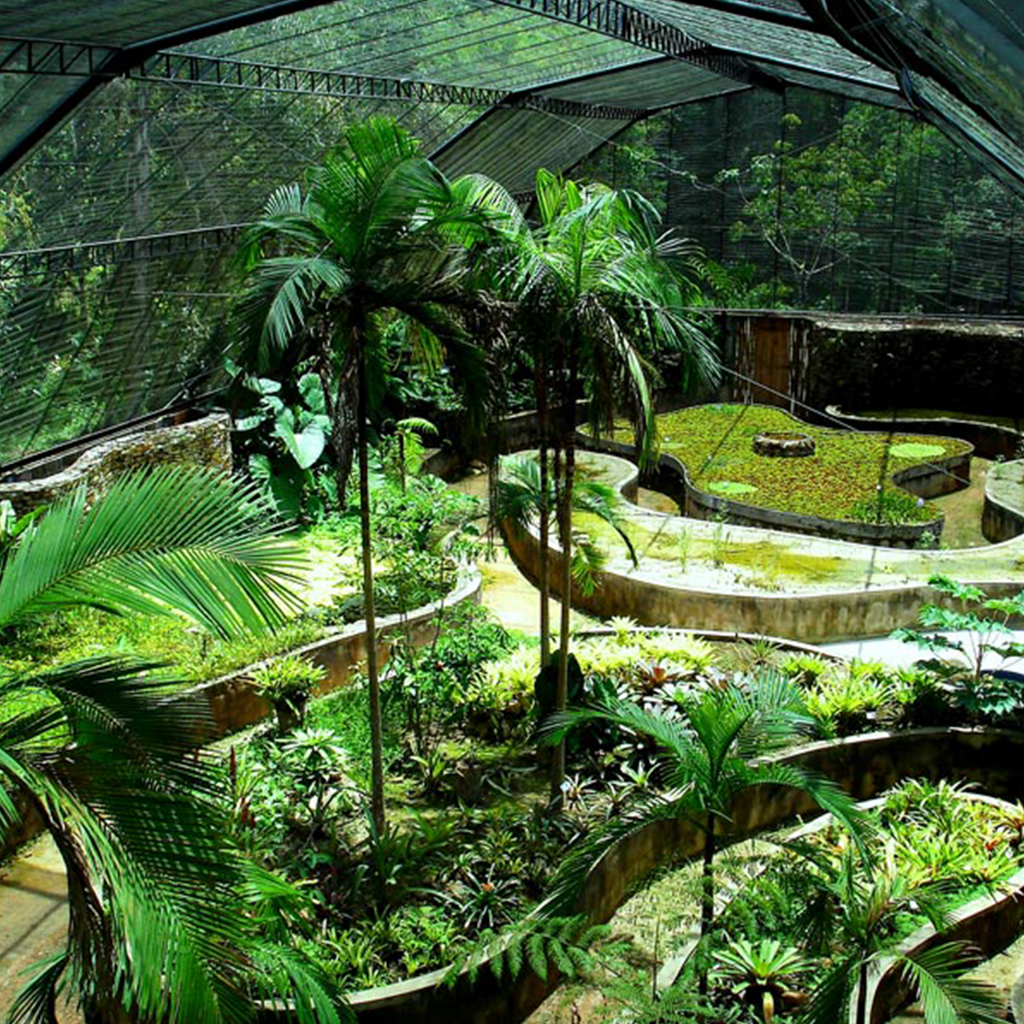
IPBio is a non-governmental, non-profit organization that develops and supports projects in environmental education and scientific research on biodiversity, ecology as well as on the behavior of species of fauna and flora of Brazilian ecosystems. We're talking with Imran Barath Viroomal, 26, volunteer coordinator at IPBio.
 Imran Barath Viroomal and friend. Photo: Henrique Domingos.
Imran Barath Viroomal and friend. Photo: Henrique Domingos.
IPBio preserves the rainforest: What do you see as the biggest threat to the rainforest today?
"IPBio does preserve the rainforest although rather indirectly. IPBio primary goal is research so many of our projects are related to diagnosing the issues and informing conservation actions rather than the execution of conservation efforts themselves. Only 7% remains of the Atlantic Forests original forest. This is a forest on the brink of extinction. Over the centuries the major threats to the forest have changed. Even today, the range of threats to the rainforest comes from so many different directions and at various levels. Issues such as logging, farming, mining and human expansion of settlements and roads are clear threats to the preservation of the rainforest. At the local level, hunting is devastating the fragile biodiversity that has survived. On a more global level, the introduction of exotic species (from fungus to domestic dogs) has caused disruptions to the ecosystem and climate change is affecting weather patterns at a rate that biological evolution cannot adapt to. In conclusion, the biggest threat to the rainforest today is humanity."

Photo: Federico Pestilli.
When and why was IPBio founded?
"Our reserve was constructed in 2004 and IPBio, the research institute, was inaugurated in 2007. The founder of IPBio, Sergio Pompeia, saw a pressing need for biodiversity research in the Atlantic Forest. A combination of factors led him to this conclusion: the importance of the Atlantic Forest due to its high indices of endemic species; the devastation the forest and only 7% of the Atlantic Forest still remaining in its original state (making conservation and research time sensitive) plus the lack of research being conducted in the region due to bureaucratic impediments to research in state parks. In 2009, the reserve received accreditation as an “Advanced Outpost” of The Atlantic Forest Biosphere Reserve by UNESCO.
IPBio always combines research with education. Our infrastructure was designed to conduct research while simultaneously allow visitors on the reserve to visualize and learn about our native species. Our research always strives to have educational applications, such as the production of eBooks and producing wildlife footage for Discovery Channel for educational nature documentaries, so that our projects not only pertain to the scientific world but entice citizens to understand and care about nature.
In research, our major achievement has come from the discovery of new species of bioluminescent mushrooms as well as the discovery of the first blue glowing larva in the whole of South America.
IPBio’s mission is also to encourage conservation, management and sustainable use of natural resources; and promote the development of eco-tourism and cultural projects."
 Photo: Henrique Domingos.
Photo: Henrique Domingos.
Are you from a family who discussed science and nature around the dinner table?
"To be honest, not at all! Our dinner tables always revolved around a political debate. My mother and father both studied economics at Cambridge to the end of the Cold War when there was vibrant political activism and my brother studied economics at LSE a couple years before the housing market collapsed. There was an unwavering faith in financial capitalism so lots of different opinions in the political/economic realm. It was always an interesting (and loud hahaha) debate at the dinner table. Science/nature was not a major theme in my family until I developed a passion for it."
Please let us know your role at IPBio, and a bit your background, for ex. where did you grew up?
"I am 26 years old and I am originally Indian and Bangladeshi. I was born in Spain, lived in England for 9 years, in Portugal for another 9, then moved to Canada to study Economics and Politics at McGill University and for the last 2 and a half years I have been working at IPBio in Brazil.
From a young age I was always passionate about the sciences. I was captivated by Darwin’s idea of natural selection as a mechanism that drove simplicity to the stunning complexity we see in the natural world. I pondered joyfully about the boundaries of the cosmos as I read Stephen Hawking’s. I couldn’t wait to join the journey around the world with David Attenborough on “Planet Earth” and encounter natural organisms more peculiar than any sci-fi director could possibly imagine. However, I felt a duty to dedicate myself to the concerns of my own species which drove me to study the social sciences in hopes to tackles issues such as inequality and economic development.
During my time at McGill University, climate change had become the major topic of political activism as the overwhelming scientific evidence that a heating planet posed an existential threat to biodiversity, which included humanity, began to be heard by the lay public. It was at this point that I realized that environmental and social issues where so interlinked that I could in fact pursue them both simultaneously. I came to conclusion that scientific research was our greatest tool for conservation as it not only diagnosed the problems accurately but provided the solutions. I travelled throughout Latin America to look for an NGO working on biological research related to conservation."
 Photo: Grant Johnson.
Photo: Grant Johnson.
It became apparent on these travels that my studies in economics and politics were actually more of an asset to these organizations than if I had come as just another biologist which they already had many locals on staff.
"In only two years, the volunteer program has received a total of 82 volunteers coming from 29 different countries and from all walks of life. In 2017, I also became the youngest board member of FreeWildlifeBrazil Celine, an NGO also located on the reserve dedicated to support the conservation of birds in the Atlantic Forest and to combat the illegal trade of wildlife. Brazil has over 38 million species which need to be protected."
 Photo: Cassius Vinicius Stevani.
Photo: Cassius Vinicius Stevani.
We are very impressed by the huge work IPBio do - without them we wouldn't be able to learn about all the amazing bioluminescent species plus discover new ones.

